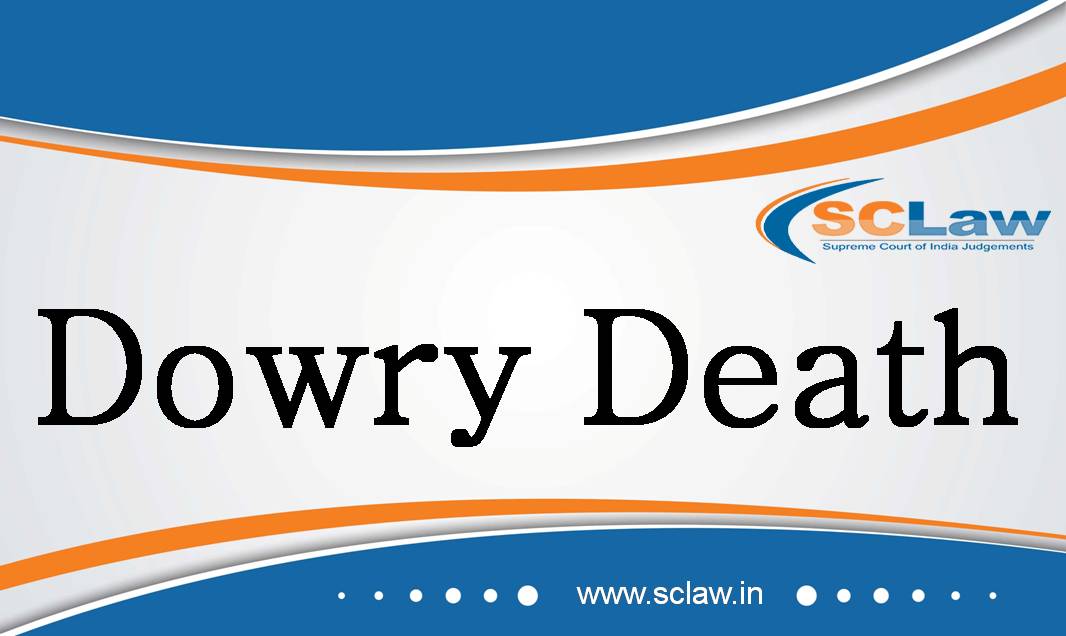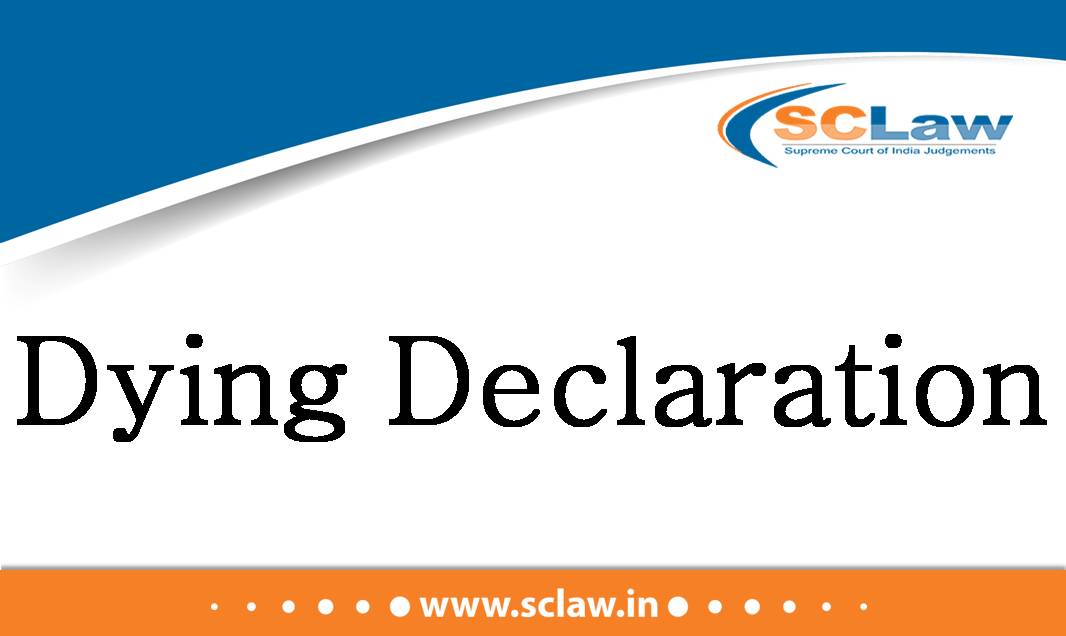Penal Code, 1860 (IPC) — Section 304-B and 498-A) — Dowry Prohibition Act, 1961 (DPA, 1961) — Sections 3 and 4 — Dowry Death — Appeal against acquittal — Setting aside High Court’s acquittal and restoring Trial Court’s conviction — Essential ingredients of Section 304-B IPC established by consistent prosecution evidence regarding dowry demand (motorcycle, TV, and cash) and continuous harassment — “Soon before death” liberally construed to emphasize nexus between death and dowry-related cruelty — Evidence of witnesses, even with minor inconsistencies, held reliable and sufficient to prove guilt; minor contradictions or use of words like ‘happily’ by witnesses do not discredit the substratum of the prosecution case proving continuous dowry harassment leading to death. (Paras 1, 14.1, 16.1, 16.2, 17, 18, 20, 22)
2025 INSC 1435 SUPREME COURT OF INDIA DIVISION BENCH STATE OF U.P. Vs. AJMAL BEG ETC ( Before : Sanjay Karol and Nongmeikapam Kotiswar Singh, JJ. ) Criminal Appeal Nos.…




